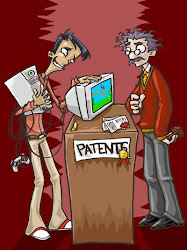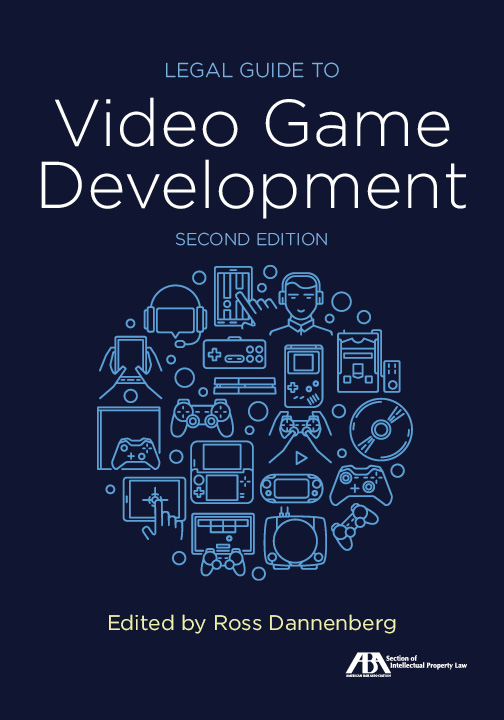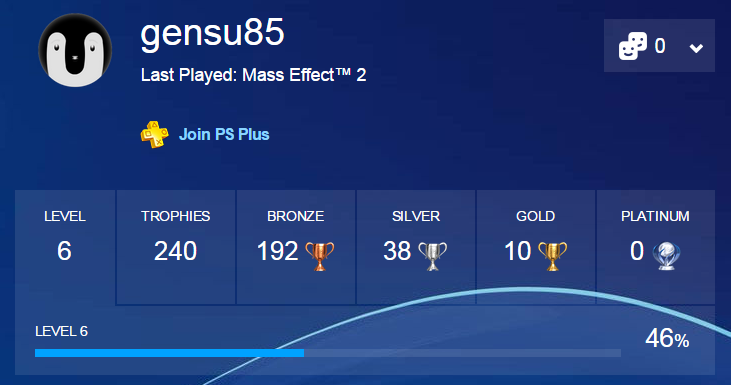Hernandez v. Internet Gaming Entertainment, LTD.
United States District Court for S.D. Fla.
Case No. 1:07-CIV-21403-JIC, Filed May 31, 2007, Settled August 26, 2008
Much like Blizzard v. In Game Dollar, this case was about virtual property transfer in the MMORPG World of Warcraft (WoW) for real-world money. The main difference is that this suit was filed by an individual player rather than the owner/operator of the game, as was the case in Blizzard.
Hernandez, an avid player of WoW, filed suit on May 31, 2007 against Internet Gaming Entertainment, LTD. (a Hong Kong-based company) and IGE U.S. LLC., both of which were companies “engaged in the business of generating and selling virtual assets.” IGE, LTD. was later dropped because it couldn’t be served with the lawsuit in time, leaving IGE U.S. as the sole defendant. Hernandez filed a class action suit on the behalf of U.S. WoW subscribers, which he estimated could be as high as 2 million people, seeking an injunction and monetary damages.
The amended complaint alleged that "IGE’s calculated decision to reap substantial profits by knowingly interfering with and substantially impairing the intended use and enjoyment" of WoW through its gold-farming, camping spawns and spamming chat violated WoW’s Terms of Use and End User License Agreement and led to lost time, competitive disadvantage, and diminished experience for honest game subscribers. The complaint alleges that the plaintiffs were intended third party beneficiaries of the ToU and EULA between IGE U.S. and Blizzard and suffered harm as a result of IGE U.S.’s breach of these agreements.
The complaint named 7 causes of action:
- Violation of Florida’s Deceptive and Unfair Trade Practices Act
- Violation of Consumer Protection Statutes of Remaining 49 States, District of Columbia and Puerto Rico
- Unfair Trade Practices Act Conspiracy
- Breach of Third-Party Beneficiary Contract
- Breach of Third-Party Beneficiary Conspiracy
- Tortuous Interference with Business Relationship
- Tortuous Interference with Business Relationship Conspiracy
Hernandez filed for class certification on May 19, 2008, but the parties settled before certification occurred. On August 26, 2008, Hernandez and IGE U.S. filed a joint stipulation of settlement in which IGE U.S. denied any wrongdoing but agreed to refrain from selling WoW virtual property for five years. It's unlikely that this agreement will impact IGE.com’s business (WoW gold is still being sold on the site) because IGE U.S. doesn’t actually operate IGE.com. Apparently IGE U.S. had sold all its assets to Atlas Technology Group six days before the lawsuit was first filed, so IGE U.S. was probably the wrong party to sue in the first place, but since IGE, LTD. was dropped early on and the changes to IGE U.S.’s corporate structure weren’t clear at the time, this outcome was probably the best possible based on the factual background they were faced with.
In a previous motion, Hernandez had asked the settlement to be filed under seal. In the order enforcing the settlement, the court denied the seal, saying the public interest must be considered. Courts are cautious about allowing a settlement under seal when class certification is still pending because courts don’t want one party to settle for a high amount that leaves the rest of the injured potential parties without remedy/damages. This court stated the settlement should be under seal only under extraordinary circumstances and said the parties could submit briefs to attempt to prove such circumstances.
As a last note, the class was never certified so the agreement – and the case being dismissed with prejudice – only holds for IGE U.S. and Hernandez. Any other WoW subscriber can file a suit against IGE (or perhaps Atlas or whoever is the operator of IGE.com) and attempt to take the case further than Hernandez did. Although both this case and Blizzard ended with settlements, it seems the door is still wide open for future litigation on illicit virtual property sales in WoW.
For more analysis over the life of the case, see Virtually Blind.





